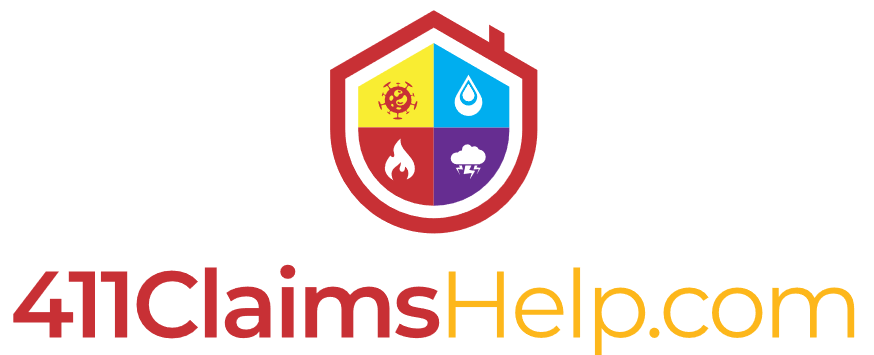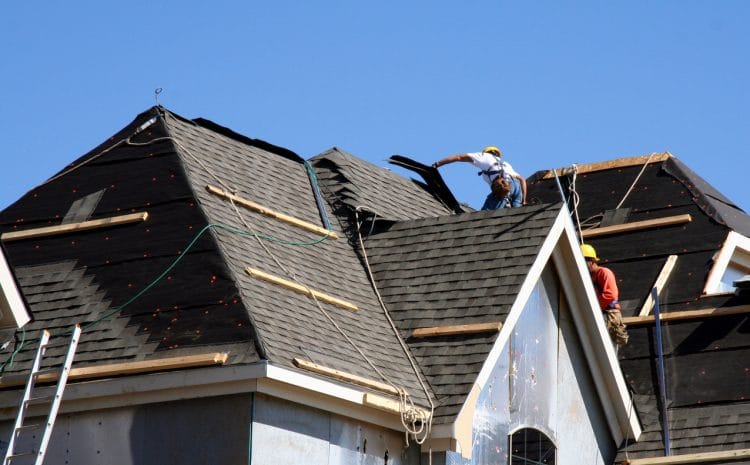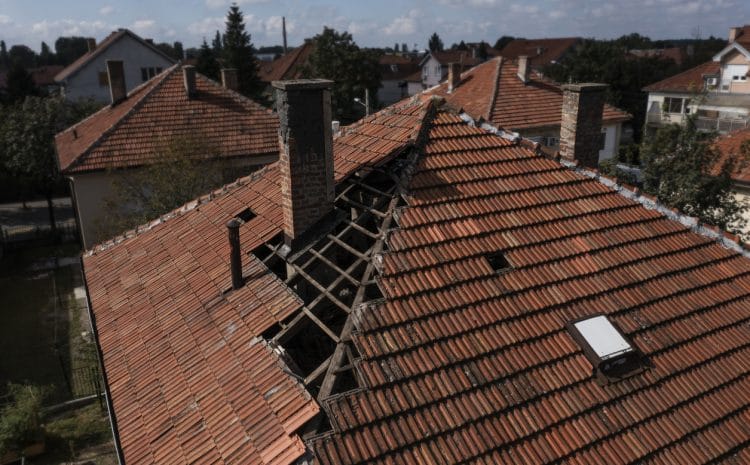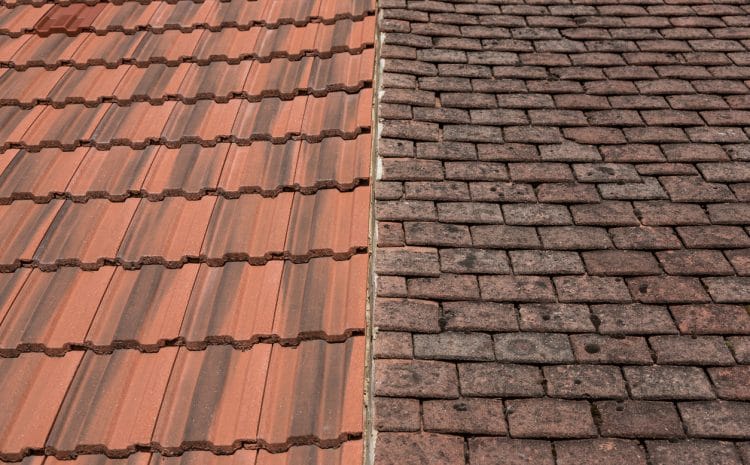How to Avoid Common Construction Scams in Florida
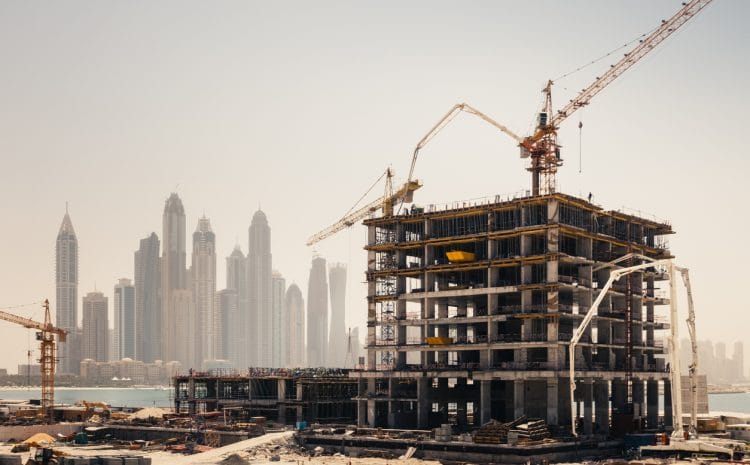
Homeowners in Florida often fall victim to construction scams in Florida, especially when renovating, rebuilding, or repairing their properties. Unscrupulous contractors employ deceptive tactics, such as demanding substantial upfront cash payments, providing low-ball estimates that later skyrocket, and hiding critical details about the project scope. Some even intentionally create problems mid-project to justify additional charges, leaving homeowners frustrated and financially strained.
The high demand for construction services in Florida, driven by hurricane damage repairs, real estate development, and seasonal population growth from tourism, increases the prevalence of such scams. As construction demand rises, so does the risk of encountering illegal or fraudulent contractors eager to exploit unsuspecting homeowners.
To protect yourself from construction scams in Florida, it’s essential to stay vigilant and informed. Research contractors thoroughly, verify their licenses and insurance, and never pay large sums upfront. Clear contracts with detailed project scopes, timelines, and payment terms can also safeguard your investment.
For homeowners seeking professional and trustworthy services, understanding these scams is crucial. Read our comprehensive guide to learn how to identify and avoid these fraudulent practices, ensuring your construction project is handled safely and securely. Protect your investment and stay ahead of scammers in Florida’s competitive construction market.
Common Types of Construction Scams in Florida
- Unlicensed Contractors: Prevent yourself from becoming a victim of unlicensed contractors who initially attract customers with low-ball offers. However, they end projects at high prices because they lack the experience and skills to complete projects efficiently, safely, and legally.
- Upfront Payment Scams: Understand the biggest mistake of providing upfront payment to contractors. It can delay the projects and encourage them to run away with money. Also, they can focus more on slipshod works.
- Overcharging or price inflation: research competitive prices in the market and avoid low bids. Otherwise, you may have to bear unexpected costs on repairs and materials. Ultimately, the final prices will become greater than the initial quote.
- Storm Chasers and Disaster Scams: Contractors can make false promises to repair or build their damaged property. However, due to the high seasonal demand post-natural disasters, they do not focus on quality and ensure quick fixes. Sometimes, they take payments and leave the town before completing their projects.
- Too Good to Be True Deals: Avoid contacting extra sweet people who try to please you with deals or bids significantly lower than others, as these too-good deals indicate potential scams.
Signs of a Potential Construction Scam
- No License or Proof of Insurance: Ask to provide a license or proof of insurance. The absence of these documents indicates that they are not perfect for the role.
- Pressure to Make Quick Decisions: Illegal contractors often pressure you for immediate action (e.g., making payments or signing contracts).
- Lack of Written Contract or Vague Terms: Trustworthy contractors mention the ins and outs of the project’s scope and agreements in simple language. Conversely, unreliable contractors often present contracts with hidden information or nuances.
- Refusal to Provide References or Portfolio: Reputable contractors show their previous works and share their clients’ references, while fake people often refuse to provide these details.
- Cash-Only Payment Requests: Fake contractors often ask you to pay upfront money in cash. They refuse to accept money through digital modes to escape the risk of real-time tracing.
How to Verify a Contractor’s Legitimacy in Florida
- Check Licenses and Certifications: Download the DBPR (Department of Business and Professional Regulation) app from the Play Store to verify the contractor’s licenses and certifications. Or call the customer support center at (850) 487-1395.
- Confirm Insurance Coverage: Ensure the contractor has adequate insurance coverage like general liability and workers’ compensation to cover their accidental injuries on the site. This way, you can unburden yourself from the risk of their on-site injuries.
- Research and Reviews: Check reviews and ratings of potential local contractors on search engines like Better Business Bureau (BBB), Google, Angel’s List, etc. Take complaints or red flags seriously as they indicate their past misconduct or treacherous behavior toward the property owner.
- Request Detailed References: Ask for their previous clients’ references and contact them to know their project’s scope, behavior, date of the completion of the project, payment mode, total cost, warranty, and more.
- Verify Business Address and Contact Information: Verify their physical contact address to ensure their legal and valid service. A temporary phone number and an ordinary PO box should be highly unacceptable.
Tips for Avoiding Construction Scams in Florida
- Get Multiple Bids and Compare: Get quotes from at least three local, reliable contractors to compare prices. Ensure to provide them with your project’s details, including scope, budget, and expected date of completion. Also, avoid unusually low offers to avoid construction scams in Florida.
- Insist on a Written Contract with Specific Terms: Ensure you receive a written contract from the contractors to avoid future conflicts or misunderstandings. It should include the project scope, timeline, budget, insurance, warranty, etc.
- Schedule Payments Based on Project Timelines: Avoid paying large upfront fees to contractors. Instead, choose to pay the money in installments as their work progresses.
- Avoid Cash Payments: Do not pay the money in cash, as you will lose the ability to track their accounts in case they commit any fraudulent activity with you.
- Stay Involved Throughout the Project: Plan your regular visits to the site to ensure whether or not the contractors use high-quality materials, adhere to the quality standards, and align with your expectations.
Special Considerations for Florida Residents
- Beware of Hurricane Risk Fraud: Avoid relying on unsolicited offers just post-hurricane damage. Many unreliable contractors provide door-to-door offers and ensure quick repairs. Instead, do your homework and research trustworthy local contractors for the property’s repair or restoration.
- Understanding Florida’s Lien Laws: According to Florida’s Lien Laws, any subcontractor who works on your property to repair or rebuild and is not paid has the sole authority to enforce their claim for full payment against your property.
- Request Lien Waiver: A lien waiver is a legal document between a general contractor and subcontractors where unpaid subcontractors give up their rights to place a lien on the homeowner’s property.
- Verify Compliance with Florida Building Codes: Ensure the contractors adhere to Florida building codes, ensuring no structural damage in the event of hurricanes. This is vital to avoiding home renovation scams.
What to Do If You Suspect a Scam?
- Contact Florida Authorities: Contact Florida authorities like the Florida Department of Business & Professional Regulation and local consumer protection agencies for reporting scams.
- File a complaint with the Better Business Bureau: Notify the Better Business Bureau (BBB) in your area about the fraud. Your quick response to the scam will warn other customers and ensure timely action against the contractor’s malicious behavior.
- Consult a Legal Professional: Consult a qualified attorney to understand your rights and possible actions to reclaim money from the fake contractor.
- Document Everything: From the first day of the project, make sure you document everything, including communications, payments, and work progress to use as evidence in court.
Conclusion
Hiring a reliable contractor is essential to ensure safe, legal, and high-quality construction work. Unfortunately, construction scams in Florida are a growing concern, with many homeowners falling victim to fraudulent contractors. Protecting your investment begins with understanding how to identify trustworthy professionals and avoid deceptive practices.
Take your time to research contractors by checking online reviews, asking for references, and seeking recommendations from trusted sources. Being proactive and informed is the best way to protect yourself from construction scams in Florida. By hiring a reputable contractor, you can ensure your project is completed safely, legally, and to the highest standards, safeguarding your investment and peace of mind.
